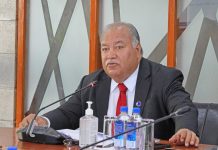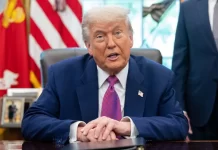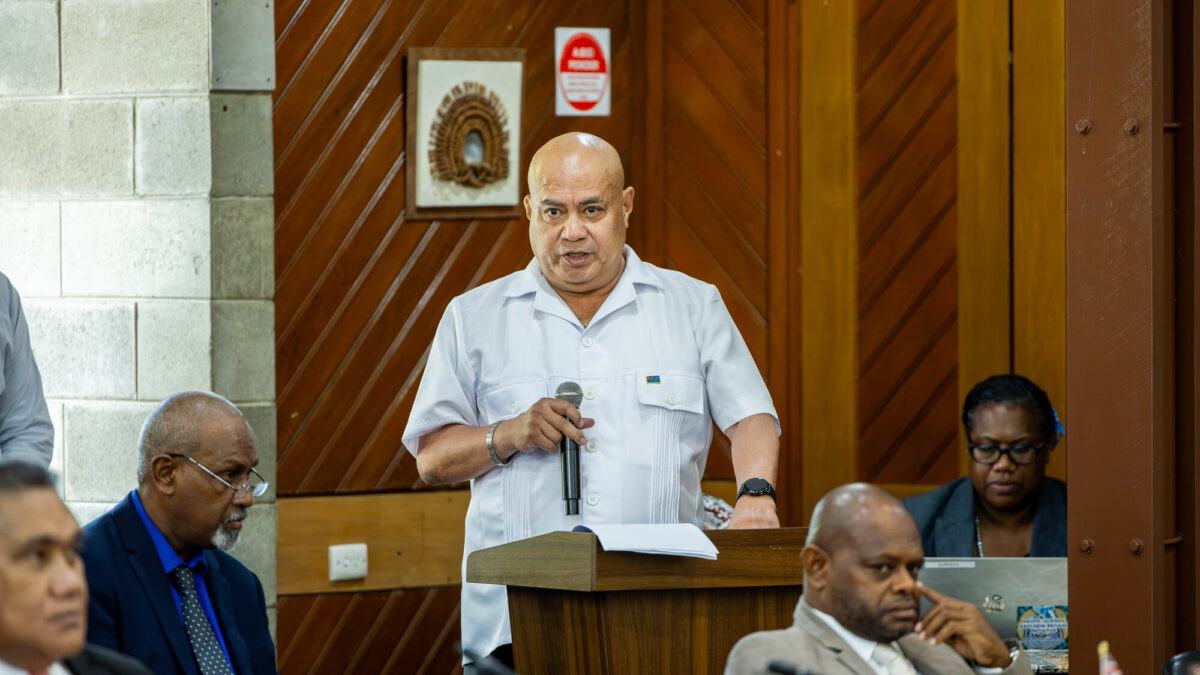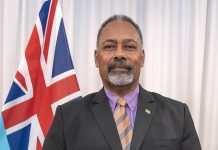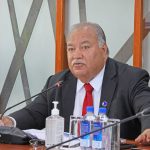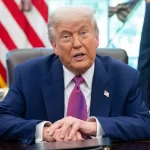Tuvalu Prime Minister and chair the Pacific Small Island Developing States (PSIDS), Feleti Teo didn’t hold back Thursday as he opened the Oceans Ministers meeting in Suva—warning that the ocean sustaining island nations is now the threat that could drown them.
“Thanks for the opportunity to provide some remarks in this opening session in my capacity as the current chair of the Pacific SIDS. A role that was only bestowed on Tuvalu last month,” Teo said, addressing ministers and delegates gathered for the Pacific Ocean Ministers Preparatory Meeting ahead of the UN Ocean Conference in France this June.
“It gives me enormous pleasure to join the representative of the PIF Chair to welcome ministers and delegates to this Ocean Ministers Preparatory Meeting Towards the 3rd UN Ocean Conference in Nice, France in June.”
Teo reminded the Ministers of the dual nature of the Pacific Ocean, its abundance and its growing threat.
“As custodians of the largest ocean in the world, the Pacific Ocean, we are truly blessed with its abundance of resources. As I told the women conference, the Pacific Ocean is not just a resource; it is our home, it is our livelihood, and it is our connection to our ancestors.
“But the ocean also represents our greatest vulnerability, particularly low-lying atoll nations like Tuvalu, as climate change induced sea level rise continues to threaten our future survivability as a nation and as a people if sea level rise is not halted and reversed,” he explained.
He cited multiple threats facing the ocean — from local sources such as pollution and overfishing to global pressures like climate change and invasive species.
“For the Pacific, the upcoming third UN Ocean Conference presents a crucial opportunity where we will hold ourselves accountable and at the same time also hold other countries accountable for the threats on the ocean and the current health of the ocean,” he said.
Teo acknowledged the work of the Pacific Islands Forum Secretariat (PIFS) and the Office of the Pacific Ocean Commissioner (OPOC), saying the region must show the world it has been “smart and responsible stewards of the ocean.”
“I thank the PIFS and the OPOC for convening this ministerial meeting, so that we as a region can strategise on how we can demonstrate to the rest of the world that we have been smart and responsible stewards of the ocean,” he said.
He urged Pacific ministers to hold the global community to the same standard so that future generations can continue to enjoy.
Teo also highlighted the influence of regional partners like Palau, chair of the Alliance of Small Island States (AOSIS), and Samoa, current chair of the Commonwealth Heads of Government Meeting (CHOGM), as potential levers for global support.
“Our role as Ocean ministers is to provide the political vision and leadership consistent with the vision of the 2050 Blue Pacific Strategy. I hope by the end of our deliberations tomorrow; we will have a strategy
(or a game plan) that will guide our engagement as a region at UNOC3 that gives us the best chance to advocate successfully our regional priorities on the global level,” he stressed.
Among the core issues Teo raised were:
*Early ratification of the BBNJ Agreement: “The message on the BBNJ is simple and clear, we cannot effectively manage our EEZs without having a compatible management regime within the high seas area.”
“I congratulate Palau, FSM and RMI for leading the way for us in the Pacific by having already ratified the BBNJ instrument. In 2024 alone, OPOC has conducted national consultations in Fiji, Solomon Is and PNG. So far in 2025, national workshops were conducted for Tuvalu, the RMI and Samoa and I hear workshops in Kiribati, Cook Is, and Vanuatu will be coming up”.
*Marine pollution: Especially from plastics, which he said demands a binding international agreement.
“The marine pollution, particularly from plastics, poses a significant threat to the health of the ocean and a binding international agreement is warranted and essential to tackle this urgent issue”.
*Financing: He emphasised the chronic underfunding of SDG14, Life Below Water.
“The challenge lies in securing adequate, long-term funding to support initiatives, particularly in coastal restoration, marine conservation, and sustainable development projects.”
*Integrated policy approach: “The health of the ocean, climate stability, and biodiversity are deeply interconnected and intertwined.”
“They must be addressed and managed in an integrated manner and not in isolation to promote effective and efficient ocean management and climate action efforts.
He noted the wide-ranging expertise among ministers present — spanning foreign affairs, climate change, fisheries, and more — as a promising sign for a joined-up strategy.
The UN Ocean Conference in Nice, scheduled for June, will be a crucial moment for the Pacific to push its ocean agenda — and for the world to listen.



